Understanding Symptoms of Autism
Autism is a spectrum disorder. This means that everyone with autism may show their autism in different ways. Some individuals may have difficulty speaking or caring for themselves while others may only have challenges with social interactions and are independent, employed and happily married. While this spectrum is vast, there are some challenges individuals with autism have in common.
Social-Emotional Reciprocity
Individuals with ASD may have challenges with social-emotional reciprocity. This might mean that they may be a little awkward when starting a conversation. Sometimes sharing of emotions can be difficult or conversations can feel one-sided. Other times they may not respond to social interactions. Please know that this isn’t because they are rude or don’t care to have interaction, simply it's a challenge and sometimes challenges are scary.
Nonverbal Communication
Some individuals with autism may not be able to verbally communicate. Some individuals who can communicate may still have trouble with using or understanding nonverbal communication. This means that they may not make eye contact with you or may not respond to your gestures or body language. This doesn’t mean they are not listening. Please be patient and don’t force someone with autism to look at you if they aren’t comfortable. Try to be more specific with your words and what you mean since picking up on subtle cues or facial expressions might be difficult.
Understanding relationships
For individuals with autism, adjusting their behavior to fit the situation, perspective-taking, or sharing in imaginary play can be hard. Sometimes individuals with autism can’t understand that they may need to talk differently to a friend if they are sad or might not understand that there are some topics to avoid given the context. Knowing when and how to approach others can be intimidating. Just because understanding relationships is difficult doesn’t mean individuals with autism don’t value friendships. Remember to extend an invitation to play or to the party.
Repetitive Behaviors
Some individuals with autism engage in repetitive behaviors. This could look like waving an object in front of their face, hand flapping, lining up items, or saying the same words over and over. Sometimes people with autism engage in repetitive speech, or echolalia and get comfort out of repeating phrases that they have heard in movies or have heard others say. These repetitive behaviors often provide comfort or are self-soothing. Sometimes when individuals with autism are stressed these behaviors may increase. Forcing them to stop only makes them more anxious. Instead of stopping the behaviors try to understand why they are occurring in the first place.
Insistence on Sameness
Flexibility can be difficult for many individuals with autism. Following routines, creating patterns or rituals, and insistence on sameness are comfortable for them. This can look like needing to drive the same way to school every day, to needing to drink from a specific cup to making sure someone returns a greeting in a very specific way. While we all love our routines, many times individuals with autism rely on them, and changing things up can cause meltdowns and anxiety. Forcing someone to be flexible will never work. Instead, it takes lots of preparation and practice to build up flexibility and variety in routines.
Restricted Interests
Individuals with autism may have restricted interests or become hyper-focused on specific topics. For example, some individuals may spend all their time watching only one tv show and learning all about the actors and characters to the point where they don’t watch any other show. Others may love toy dinosaurs so much that they know every type of dinosaur and only play with dinosaurs even when their friends are playing with cars. You can’t force someone to be interested in another topic. Instead, see if you can tie what interests them into what interests you. Bring the dinosaurs into the car play or talk about how that actor in the show they love is in another show you like.
Hyper and Hypo-sensitivity
Hyper and hypo-sensitivity can be a symptom of autism. Certain sights or sounds can be very uncomfortable or even painful for some individuals while other individuals may have an unusually high tolerance to pain or temperature. This can carry over to sensitivities with textures of foods they eat, clothes they wear or even smells others may not notice. If you know a child with autism who seems unusually stressed, check out the environment to see what is going on, or see if you can identify anything unusual or even try moving to a different location that may be less overwhelming.
For more information on how ABA can help your child with these challenges give us a call.









